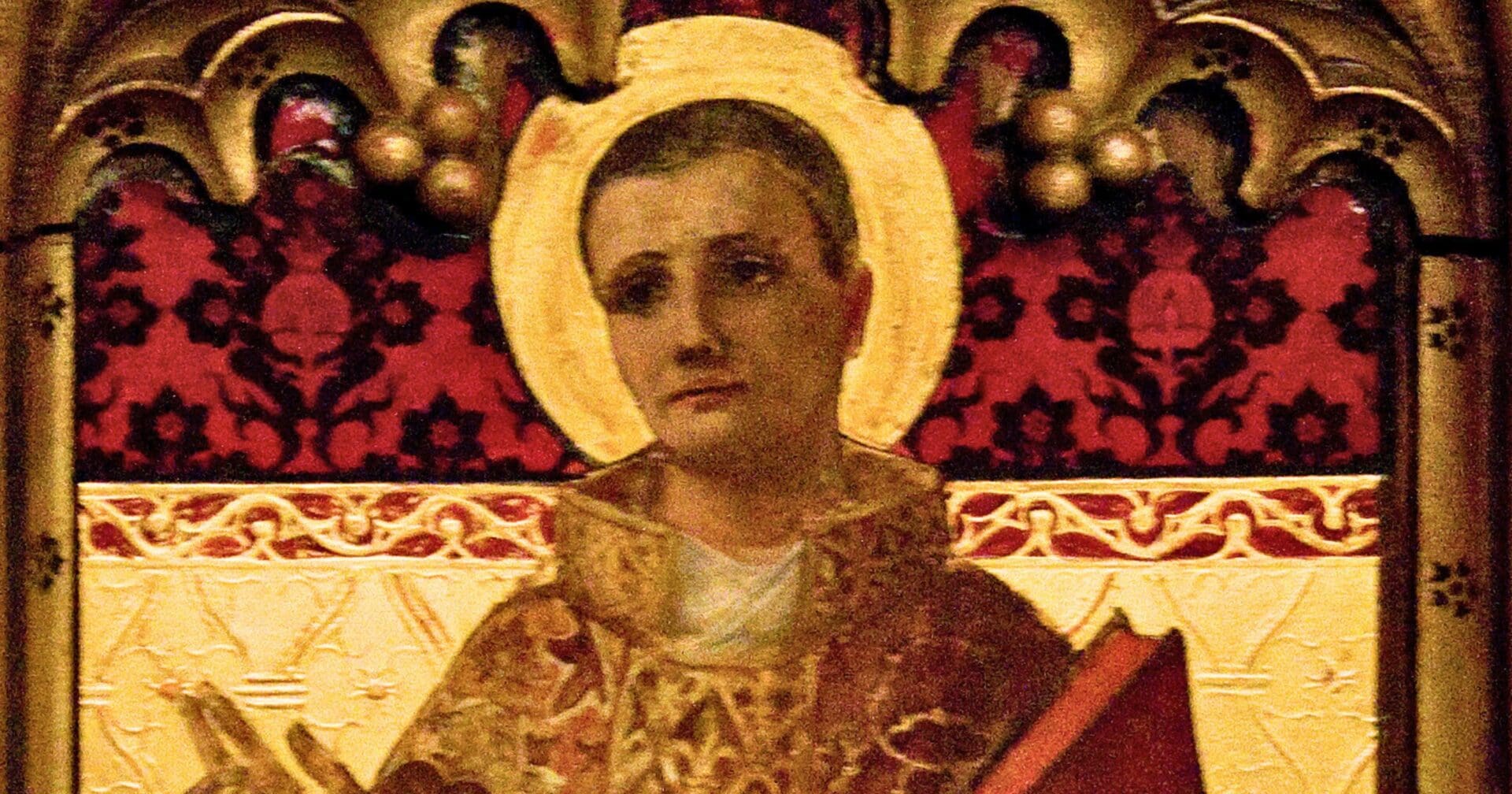
Saint Titus, a former pagan who embraced Christianity, emerged as a pivotal figure in the early Christian community through his close association with Saint Paul. His journey from paganism to becoming a trusted disciple of Saint Paul is a testament to his profound transformation and dedication to his faith. Saint Titus accompanied Saint Paul to the Council of Jerusalem, marking the beginning of a series of collaborative apostolic endeavors. The Second Epistle of Saint Paul to the Corinthians, delivered by Titus, offers a glimpse into his capabilities as a mediator and leader, and underscores the deep bond and mutual respect between him and Saint Paul.
Tasked with a challenging mission, Titus was sent to Corinth to address two critical issues that demanded considerable resolve, tact, and compassion. His mission involved delivering a stern admonition to the Corinthians, who were embroiled in scandal and exhibiting faltering faith. Concurrently, he was entrusted with the task of assessing their generosity by soliciting substantial donations for the church in Jerusalem. This mission was of great concern to Saint Paul, who anxiously awaited the outcome in Troas, expressing his unease over not finding Titus there (II Cor. 2:13). Eventually, Titus arrived with encouraging news from Corinth – the community had demonstrated remorse, fervor, and benevolence, much to Saint Paul’s relief and delight.
Titus’s journey culminated in Crete, where he was appointed as a bishop. In this role, he was instrumental in organizing the Christian community, rectifying malpractices, and establishing ecclesiastical structures, as detailed in Saint Paul’s Epistle to Titus. While the latter years of Saint Titus’s life are not extensively documented in Scripture, it is known that he was in Dalmatia shortly before Saint Paul’s martyrdom (Epistle to Timothy 4:10) and is believed to have passed away in Crete. His relics are respectfully preserved in the Cathedral Church of Saint Mark in Venice.
Titus’s mission to Corinth is a reflection of his profound understanding of the teachings and spirit of Saint Paul. His approach was characterized by firmness and an ability to command respect, as evidenced by the Corinthians’ reverential reception of him. His patience, meticulousness, and capacity to recognize and foster the potential in others were remarkable. His positive influence and cheerful disposition not only uplifted the communities he served but also brought immense joy to Saint Paul, who deeply valued and rejoiced in the successes and happiness of his devoted disciple, Titus (II Cor. 2:13).
Photo credit: Lawrence OP via Flickr
The post Saint Titus appeared first on uCatholic.
Daily Reading
Second Sunday of Lent
Reading 1 Genesis 12:1-4a The LORD said to Abram:“Go forth from the land of your kinsfolkand from your father’s house to a land that I will show you. “I will…
Daily Meditation
Listen to Him
Click here for daily reading Today’s readings are pretty straightforward. Abraham is called by God, and he goes as the Lord directs him. The psalmist waits on God to watch…




